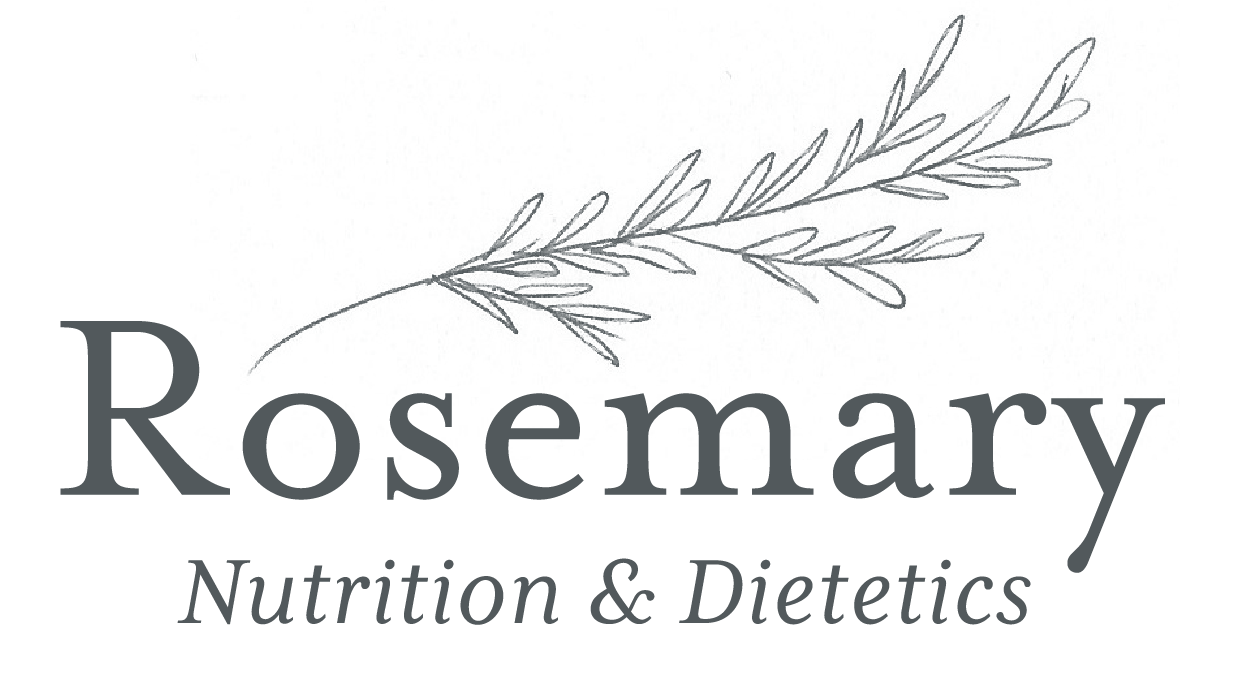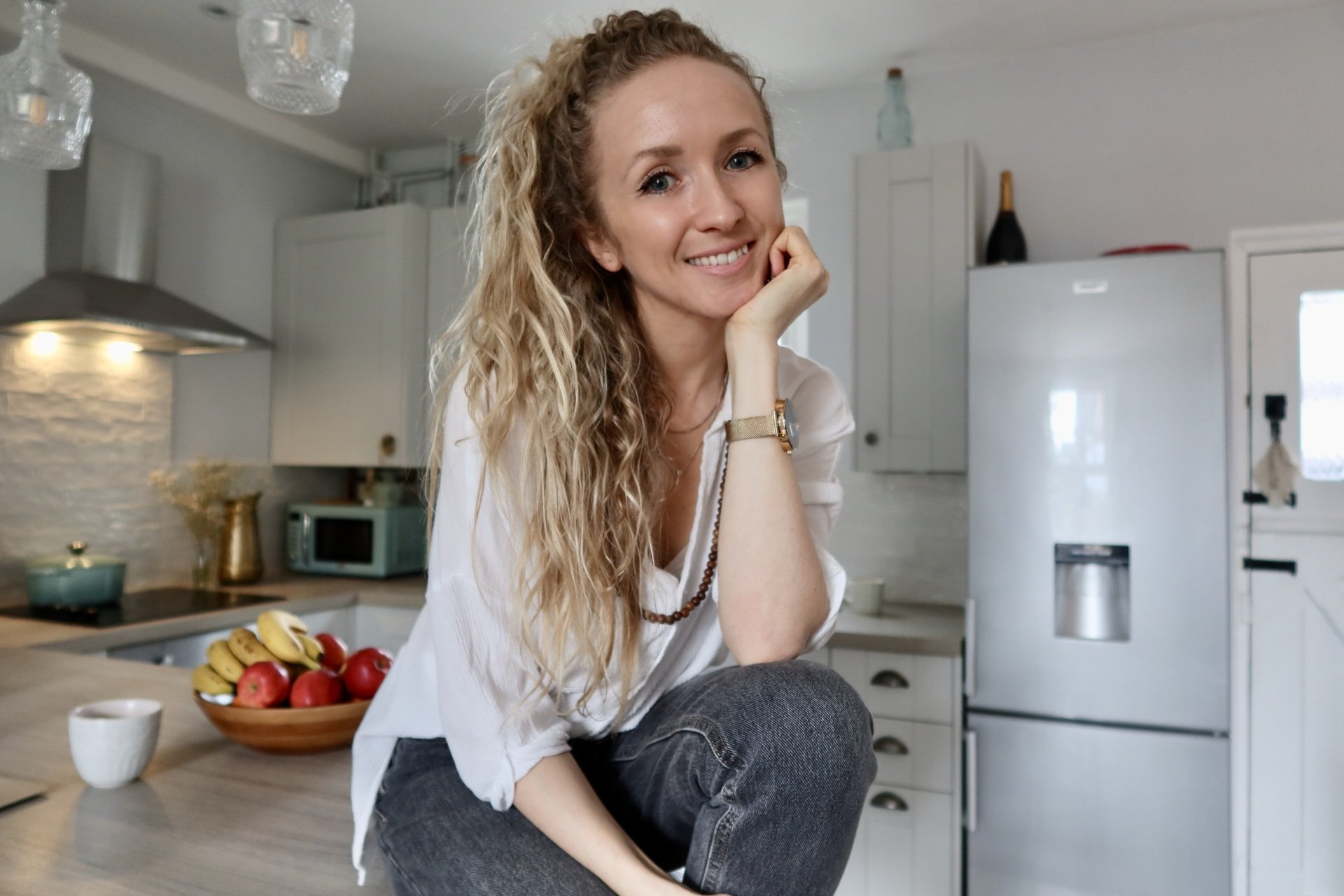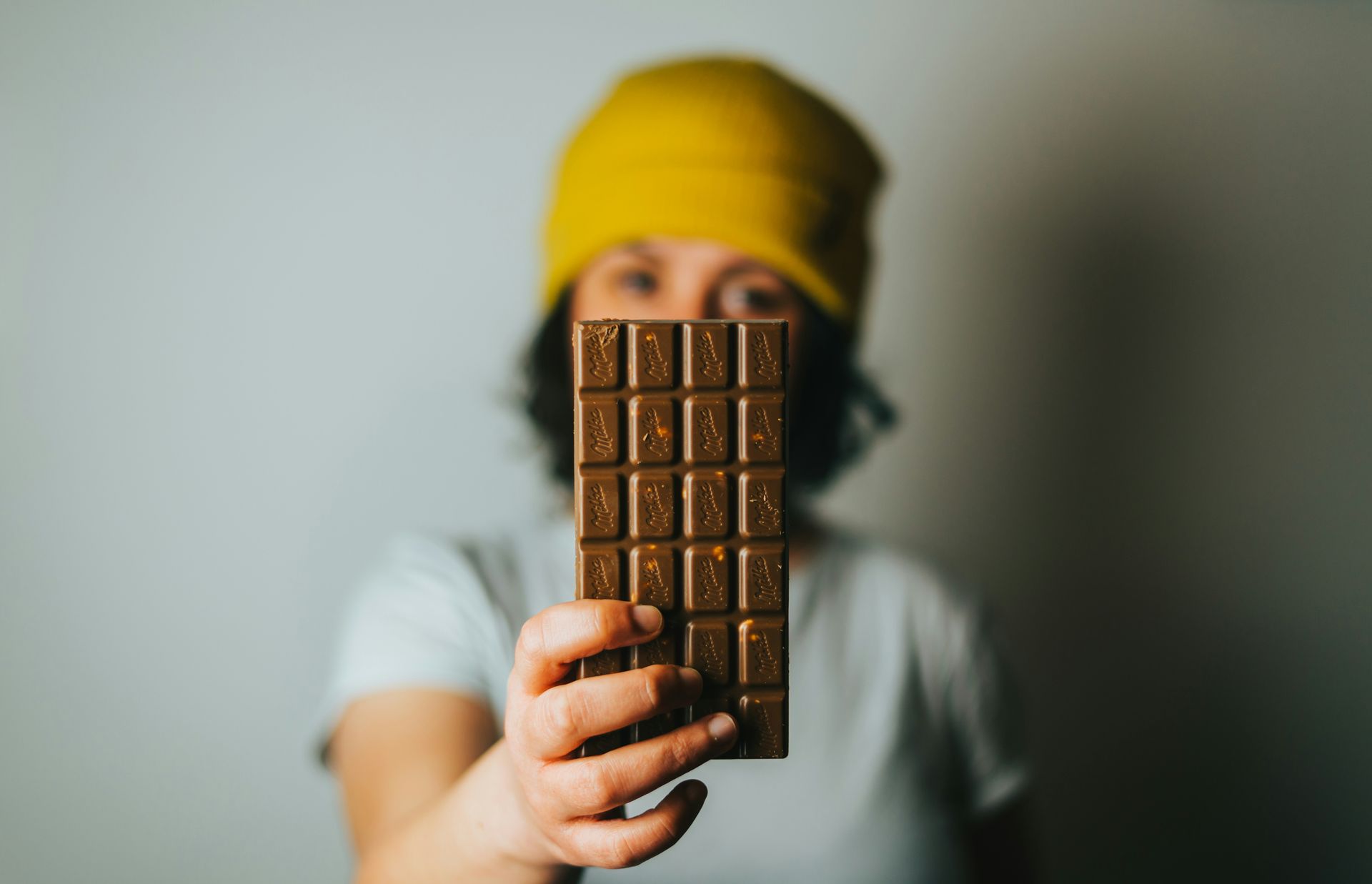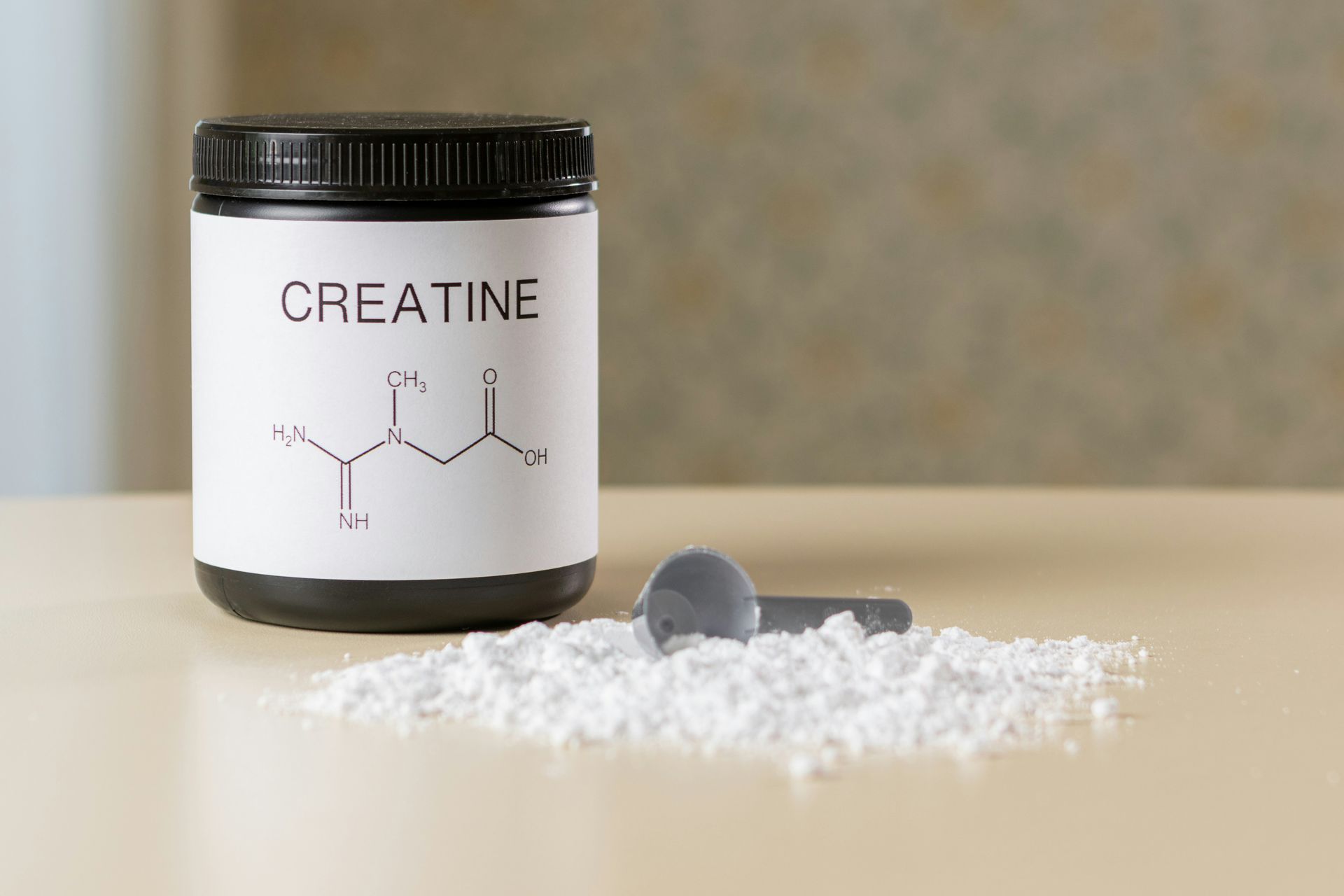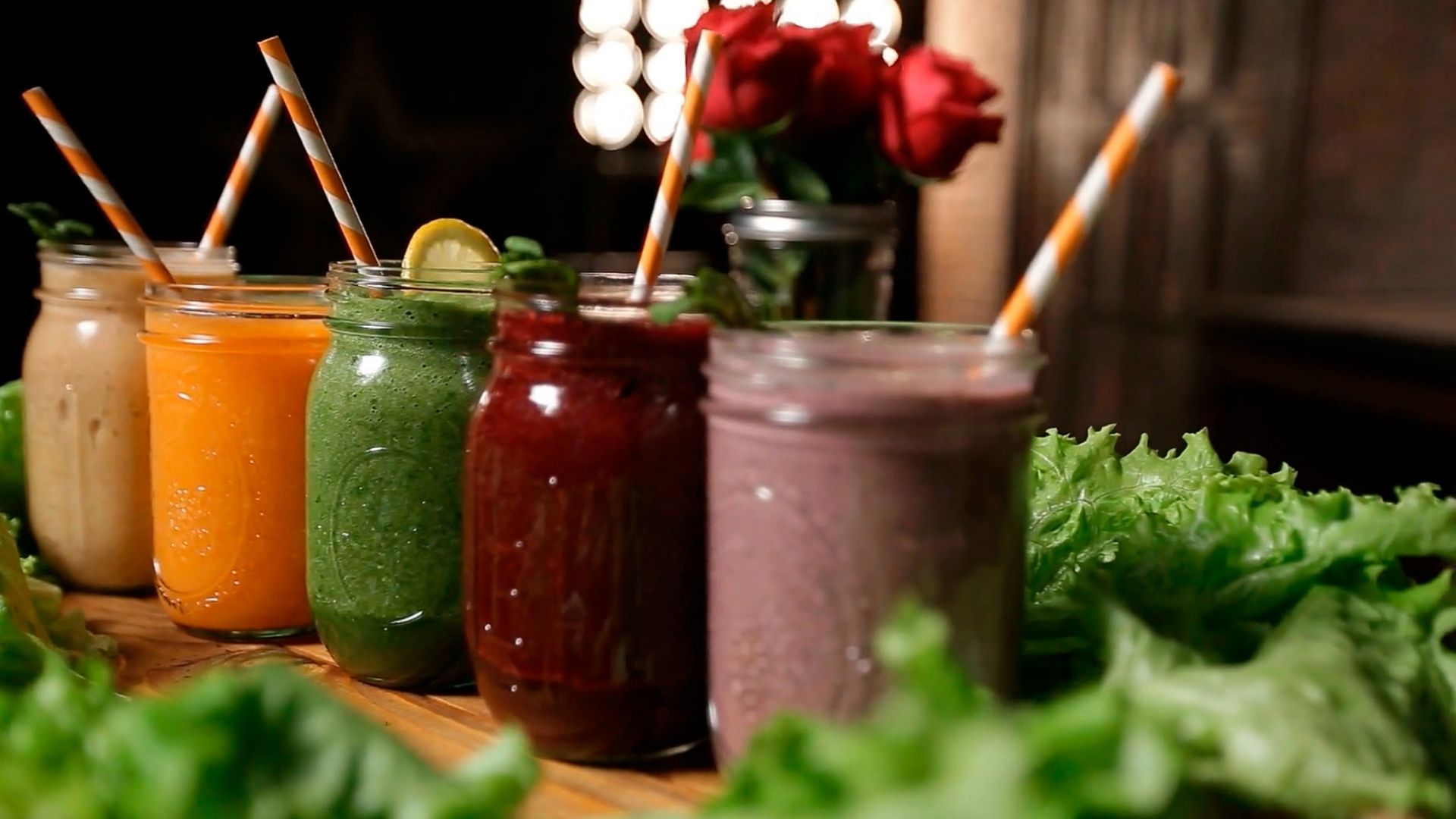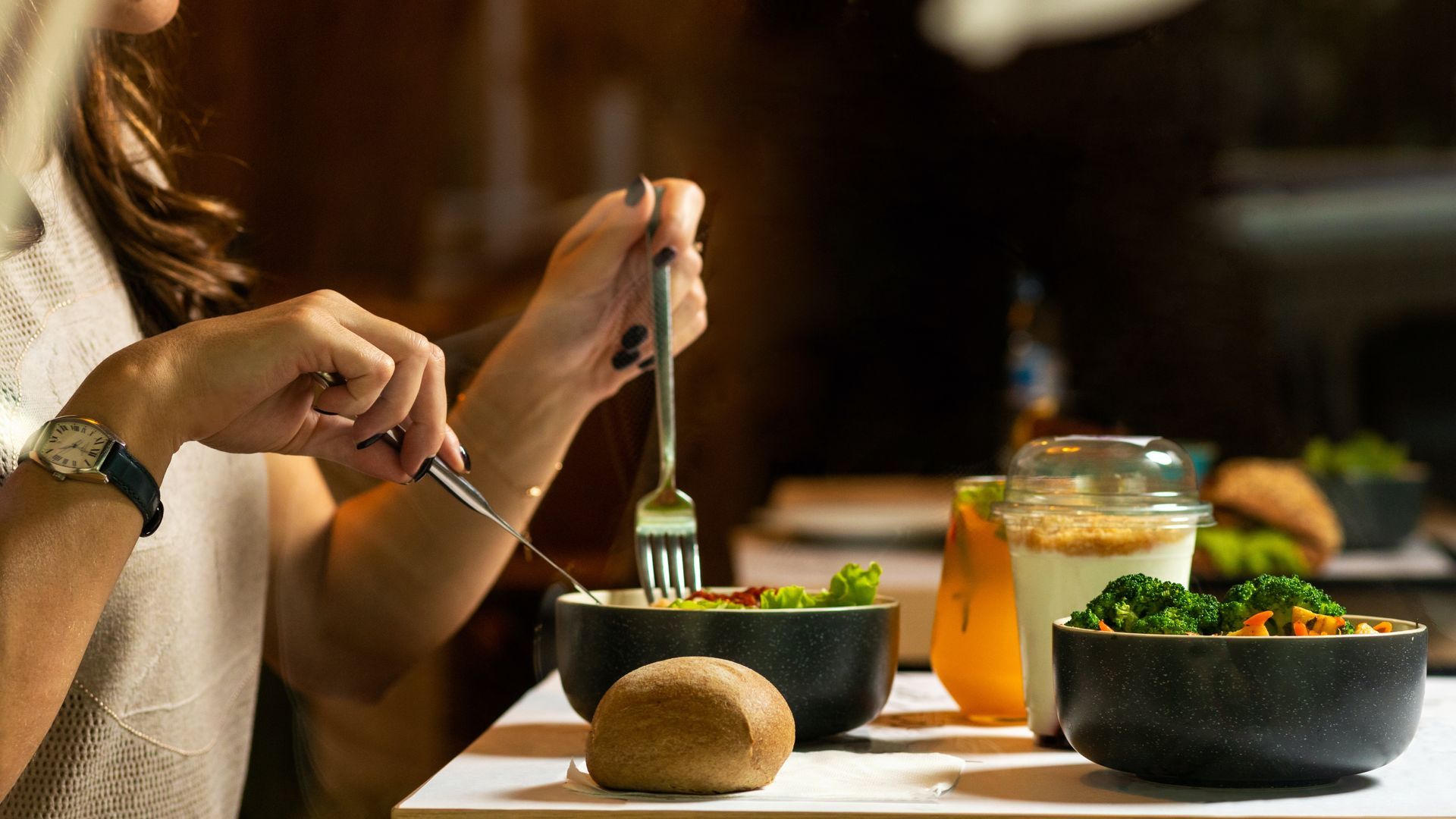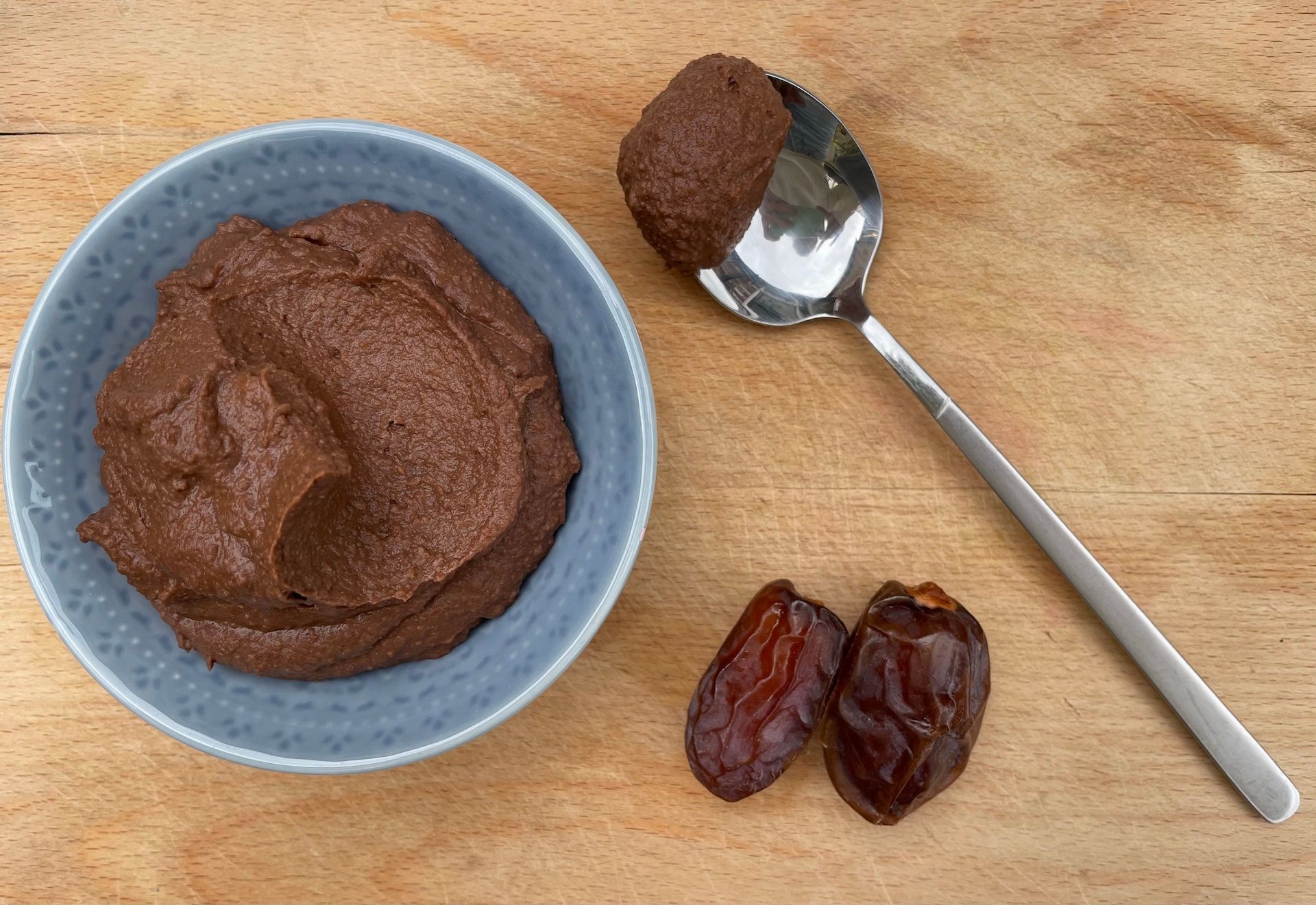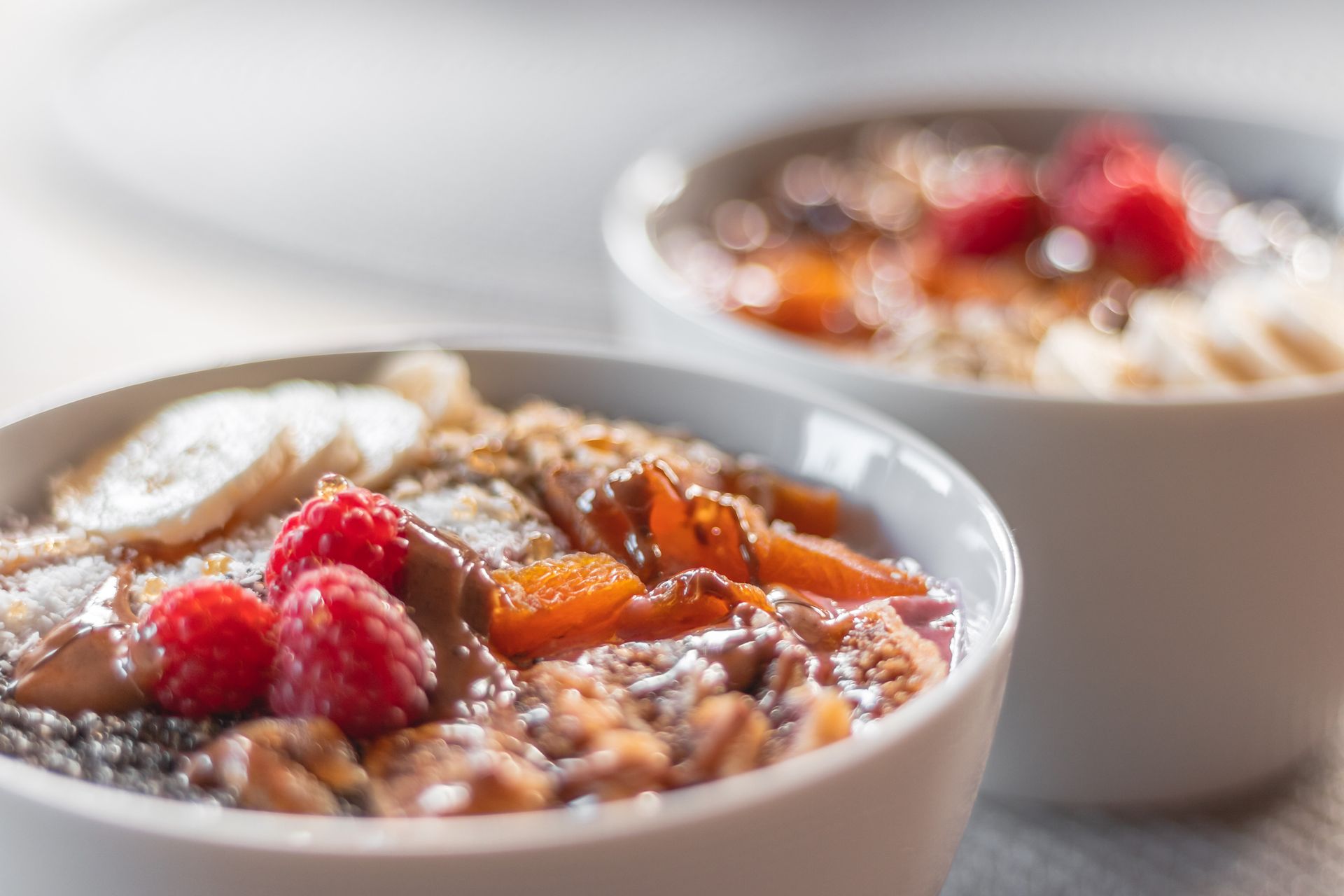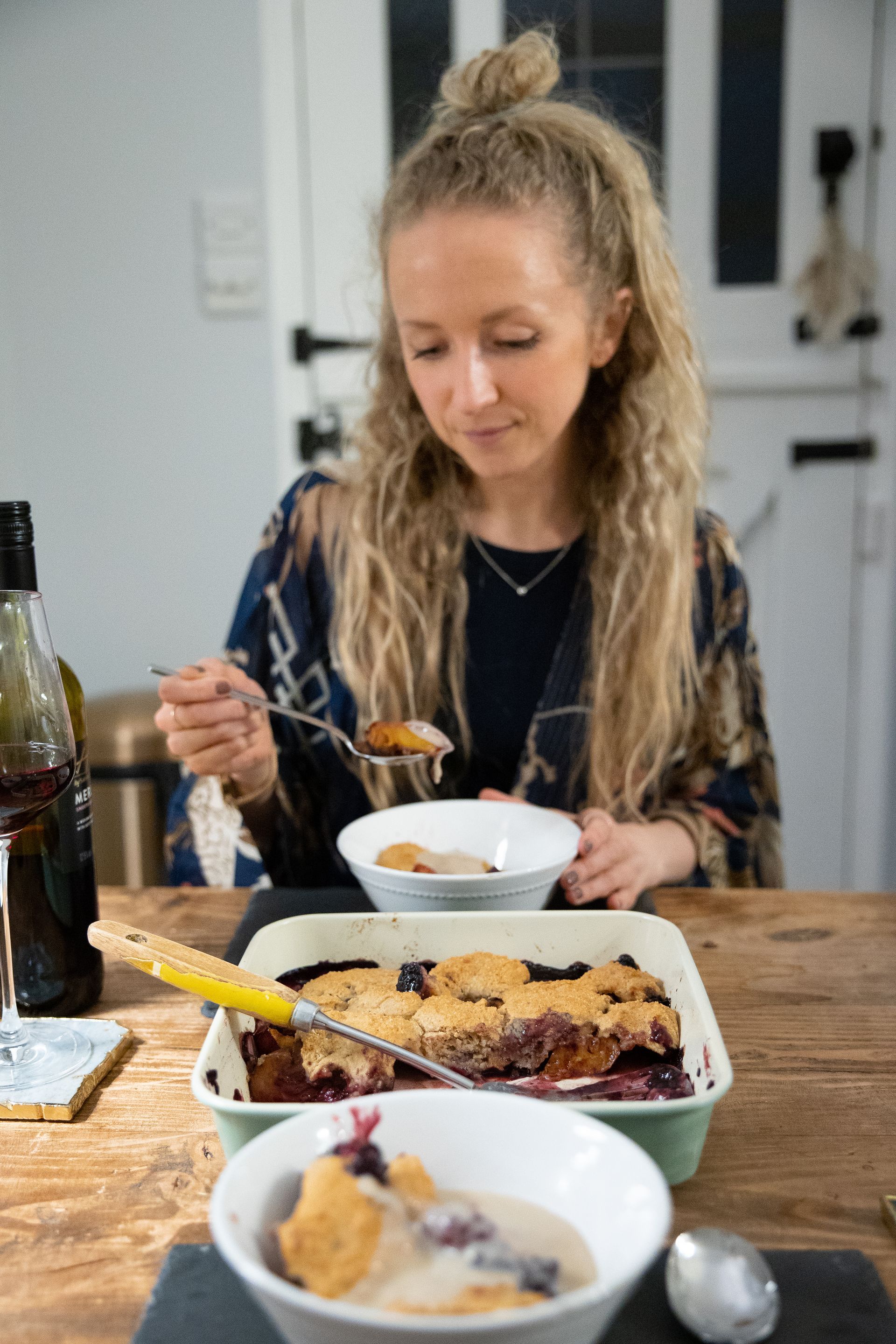Say Hello
Join our newsletter
Join our newsletter
Should I Be Concerned About Sugar?
Should I be concerned about sugar?
Sugar has been held accountable for rotten teeth, obesity, cocaine-like addiction and chronic disease. But you may also have heard many health professionals talk about sugar as being misunderstood, and healthy to consume in moderation or from fruit. So what is the truth behind the confusing headlines on sugar? Let’s dive into it in todays’ blog.
What is sugar?
Sugar is a carbohydrate and is our body’s main and preferred fuel source, providing energy for our muscles and our brain. Sugar is found in our food in various forms from simple sugars to complex carbohydrates:
Simple sugars: the most basic form of sugar. Simple sugars include monosaccharides such as glucose, fructose and galactose, and disaccharides such as lactose, sucrose and maltose. Examples of refined simple sugars include table sugar, maple syrup, golden syrup, honey, brown sugar, castor sugar, cane sugar, coconut sugar, fruit juice.
Complex carbohydrates: long chains of simple sugars. Complex carbohydrates are known as polysaccharides. Examples of foods containing polysaccharides include whole grains, beans, vegetables and potatoes.
Do simple and complex sugars act the same way in our body?
Although all forms of sugar are labelled as ‘carbohydrates’, not all foods containing sugar have the same effect on our body. To get the energy we need, the long chains of sugars from our complex carbohydrates need to be broken down into simple sugars to be absorbed and used by the body. Our body uses both mechanical and chemical methods to do this, through chewing, churning our stomach contents, and releasing digestive enzymes. Due to their longer chains, complex carbohydrates take more energy and time to be broken down into smaller parts and moved into our blood stream. At the same time, these foods also provide fibre and many micronutrients that are hugely beneficial feeding our gut microbiome, keeping our bowels working well, and giving us the nutrients we need to stay healthy.
More refined complex carbohydrates, such as white breads, white rice and white pasta, have the outer layer of the grain, known as the bran, removed during processing. Through this practise, the food products loses much of its fibre and up to 75% of its micronutrient content. Refined grains can therefore be considered less healthy for the general population than whole grains.
Simple sugars are the most refined form of sugars, where pretty much everything has been taken away except the sugar. These are also often referred to as ‘free sugars’ as they have been separated from the original whole food. Simple sugars are super sweet-tasting, meaning that they light up the reward area of the brain and we are able to consume them very quickly without feeling full or satisfied. The same effect can be seen when eating foods high in added sugars, like chocolate, biscuits, sweets and cakes.
So you can see that it’s not about trying to eat less sugar in general, and certainly not about reducing or removing carbohydrates. It’s about getting the sugar our body requires from the most healthy sources we can – good quality complex carbohydrates, fruits, vegetables and beans.
What is the link between sugar and how we feel?
As opposed to our complex carbohydrates, simple sugars do not need much breaking down before they can enter our blood stream. This means that when we choose refined sugars, it moves into our blood and causes blood sugar levels to rise very quickly. An increasing blood sugar triggers the hormone insulin to be released from our pancreas, which moves the sugar into our muscles and liver quickly to bring our blood sugar levels down again. This fast-paced insulin response can leave our blood sugar lower than it was before we ate, leaving us feeling fatigued, irritable, depressed or anxious, lacking in concentration and ultimately craving our next quick sugar high in the form of more refined foods. We call this a blood sugar rollercoaster, and it can leave you feeling bad throughout the day and craving more refined foods.
As complex carbohydrates digest more slowly, they provide us with a slower and more consistent delivery of energy between meals, leaving us feeling happier, more able to focus, and more energetic. If we start choosing more high-fibre whole grains, fruits, vegetables and beans, our gentle hunger at meal times means we can make more conscious food choices throughout the day.
Is sugar addictive?
Studies in animal models have shown us that refined sugar can have an addictive quality similar to substances like cocaine, but (and this is a big but) we are not rats, so we can’t really define sugar as addictive. What we do know is that humans have an innate pleasure response to sugar. Due to our evolutionary history, our bodies are hardwired to seek out and fill up on sugar. A sugar source represents a decent source of energy which , once upon a time, was highly beneficial to stock up on to get us through any forthcoming periods of food scarcity. Our bodies have not adapted to the constantly abundant sources of sugar available to us in our recent modern environment, so they continue to show an innate drive to overconsume sugar.
Whether this is a true addiction is debated, but I would call it a normal physiological drive that we all have. It may be more pronounced and difficult to manage in some people due to many other factors such as current diet, taste preferences, emotional connection with food, environment or budget.
The way we have used sugar has also changed dramatically. Pure, refined sugar was once used as a specialist and expensive flavouring, much like how we continue to use spices in our foods today. This can be a healthy way to use it. In our modern food environment and the cost and availability of sugar, food companies use it as a low-cost bulking agent, and so it has become a much more predominant ingredient in our everyday foods as well as our regular treats.
Refined sugar is not bad in and of itself, like most things it is the dose that make the poison. If you are relying heavily on free sugars in your diet, your tastebuds will have adapted to an intense sugary taste, and you will continue to crave it. But if this is you, don’t worry! We can actually change our tastes by reducing added sugar in our diet and choosing whole foods instead. So although whole fruits and vegetables may not be desirable when you first start to consume them more, over time your enjoyment of their sweetness and flavour will only increase.
How much sugar should we be consuming?
We should be eating no more than 30g, or 7 cubes of refined sugar per day. This refers to ‘free’ or refined sugars only, not those found in whole foods like fruit.
Unfortunately this can be hard to measure, as most of the sugar we get is already added to food products. The best way to reduce your sugar is to reduce your intake of processed foods with added sugars, such as sugary cereals, cakes and biscuits, as well as fruit juices. We can also limit our free sugars by reducing the sugar we add to our foods, like teaspoons in our tea, and even honey or maple syrup on our porridge - try adding fruits instead! If you drink a lot of sugary drinks, try to cut down, and limit pure fruit juice to 150ml per day.
Many followers of the ketogenic diet will label carbohydrates as the enemy and to be avoided, and whilst I do recommend limiting free sugars, we really shouldn't be limiting our healthy carbohydrates – filling up on healthy sugars from whole fruits and vegetables, beans and pulses and starchy carbohydrates at meals times is a highly beneficial way to eat. You can read more about why I don't recommend a ketogenic diet
here.
Which foods contain added sugar?
Be mindful that a food does not have to be a sweet food to have added sugars. We have talked about sweets, cakes, biscuits and fruit juices, but sugar is also found added to many pre-prepared foods like soups, yogurts, ready meals, sauces and even baked beans!
If you consume these products, look out added sugar on the nutritional information, and try to stick to those that have 5g or less per 100g, which is considered low in sugar. You’ll see this on the labels under carbohydrates – ‘of which sugars’, but be aware that it can be hard for food companies to separate added sugar from the natural sugars found in foods, so really whole foods are always the best alternative. Remember that small amounts of added sugars are OK (I love adding a little maple syrup to my banana-sweetened pancakes!) but cooking from scratch as much as you can will help control your intake and this will make a huge different to your overall intake of free sugars.
What can we do practically to feel more energised through the day?
Go for whole, plant foods at each meal time and snack. These provide healthy carbohydrates that our bodies will break down into the sugars that our muscles and brains require. In addition they provide fibre, antioxidants, phytochemicals, water, vitamins and minerals that help us feel happier and healthier not just today but into the future too.
Rosie is a plant-based registered dietitian, founder of Rosemary Nutrition & Dietetics, and works both in the NHS and as a freelance dietitian.
You can contact her with any queries via Rosemary Nutrition & Dietetics on rosie@rosemarynutrition.co.uk or follow her on Instagram at @plantdietitianrosie
